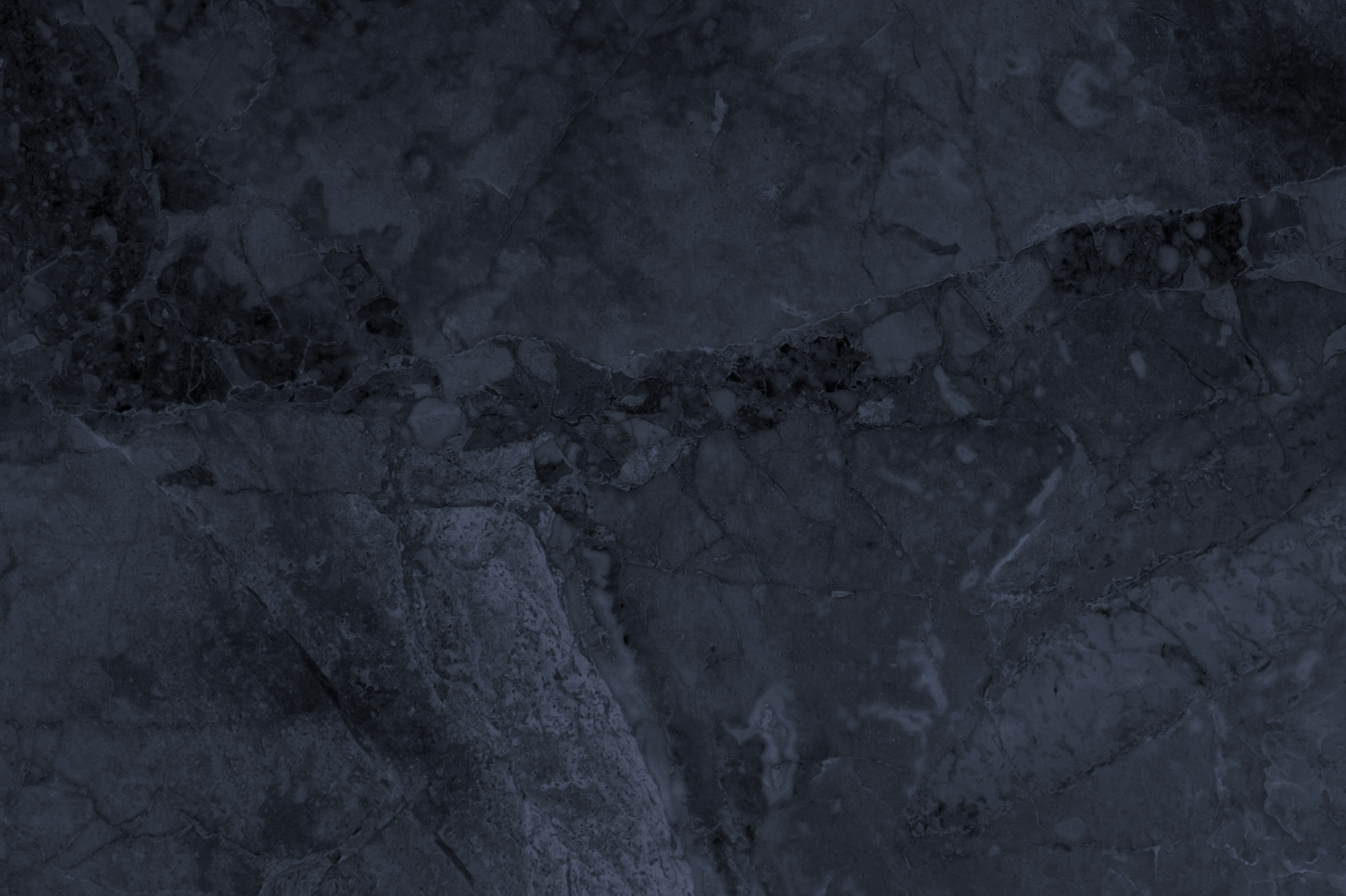High Quality Granite & Quartz at Unbeatable Prices
Elevate your home with stunning quarts, granite, solid surface and laminate options.
Whether you prefer the timeless beauty of natural stone or the sleek durability of quartz, we have the ideal surface to match your style and needs. No matter your preference, we offer expertly crafted surfaces to complete your dream kitchen or bath at the quickest turnaround and lowest price.

Lowest Priced Countertops, Fastest Turnaround
Granite Starting at $39 sq ft
Quartz Starting at $49 sq ft
18 Months, No Interest Financing
Lowest Priced Countertops, Fastest Turnaround Granite Starting at $39 sq ft Quartz Starting at $49 sq ft 18 Months, No Interest Financing
Trust Andco for Your Countertops
At Andco, we offer a curated selection of premium countertop materials, including granite, quartz, and more. When you purchase your stone from us, you’re getting top-quality materials that fit your exact specifications. Unlike many other suppliers, we handle the fabrication of our stone in-house, giving us control over the entire process and ensuring precision and durability. We guarantee quick turnaround times without compromising on the quality of your countertops, giving you a beautiful, reliable surface for your home.

Granite vs Quartz
-
Granite is a 100% natural stone primarily composed of quartz, feldspar, and mica. It forms when magma slowly cools and crystallizes underground. Mined from quarries worldwide, it is then cut into slabs and shipped to distribution centers.
Quartz is an engineered stone consisting of approximately 95% crushed natural quartz and 5% polymer resins.
-
Granite is naturally formed, making each slab one of a kind. While samples provide a general idea of color, clients typically select their own slabs. However, some natural variations—such as bold streaks—may only become visible after fabrication and polishing.
Quartz countertops are engineered, resulting in a much more consistent appearance.
-
Granite is generally more affordable than quartz. The price per square foot varies by color and depends on the number of slabs required. Using remnants can reduce costs for smaller projects, though color options may be limited.
Quartz is an engineered product and is typically more expensive. Its cost is influenced by the brand, design complexity, and composition, with some high-end quartz options rivaling the price of premium granite. However, its durability, low maintenance, and consistent appearance make it a popular choice despite the higher price point.
-
Granite is a porous material, meaning it can absorb water, liquids, and bacteria. It is susceptible to darkening, staining, and chipping, so special care may be needed. Sealing once a year—or whenever water no longer beads on the surface—is recommended. Daily cleaning and regular use of a granite cleaner help maintain its polished look.
Quartz is non-porous, requiring no sealing or special maintenance beyond regular cleaning. It resists stains and chips, making it a durable and low-maintenance option.
-
Granite is a durable material that resists heat. However, because it is porous, unattended spills or liquids can cause ring marks or stains. To maintain its appearance and longevity, protect the surface from bacteria, accidental chips, and damage.
Quartz is harder than granite, making it less prone to chipping. Its non-porous surface resists bacteria, but it can be damaged by excessive heat, so using trivets or hot pads is recommended.
Precision, Speed & Craftsmanship
At Andco Kitchen & Baths, we ensure your countertops are crafted and installed with unmatched quality. Our in-house fabrication allows us to deliver precision-cut surfaces with the fastest turnaround times in the industry. From selection to installation, our team is committed to making the process seamless, stress-free, and tailored to your needs.

Your Path to a Stunning Remodel
Step 1
Select Your Stone
Explore our wide range of granite and quartz options and choose the perfect color and pattern to enhance for your kitchen or bathroom.
Step 2
Measure & Fabricate
Once you’ve selected your material, we’ll take precise on-site measurements and expertly custom-cut your countertops for a flawless fit.
Step 3
Install & Enjoy
Our professional team installs your countertops with expert accuracy and care, giving you a durable and beautiful surface to enjoy for years.


